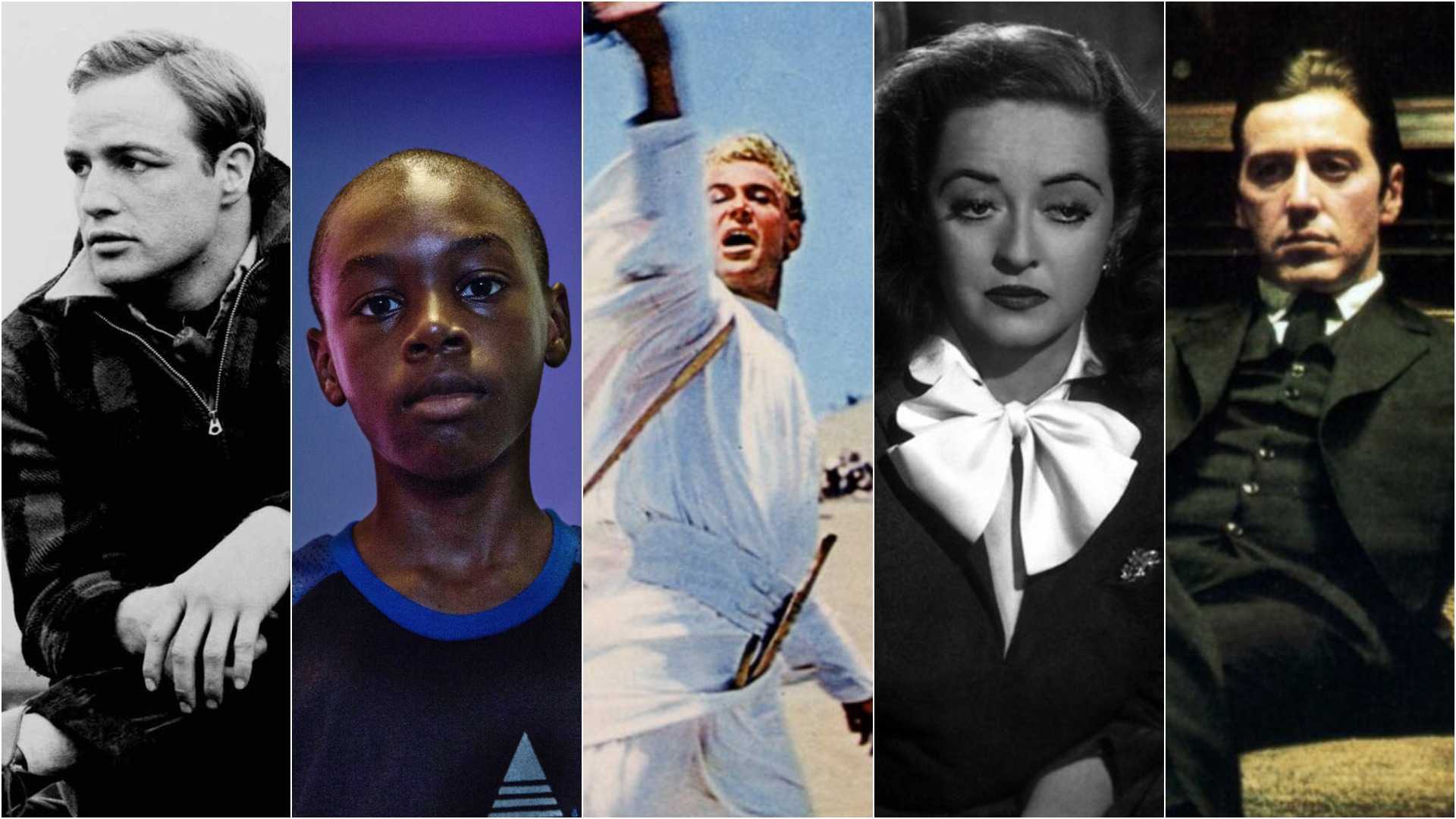Entertainment
Hollywood’s Best Picture Winners: Triumphs and Tribulations Examined

LOS ANGELES, CA — The Academy Award for Best Picture is considered one of the highest honors in the film industry, reflecting shifts in storytelling, society’s values, and cinema trends. As films from the past continue to evoke nostalgia while facing scrutiny, an analysis of these winners reveals the intricate balance between ambition and execution.
The Best Picture winner often defines a director’s legacy, as evidenced in both triumphant and disastrous follow-ups. After a film captures the Oscar, filmmakers are entrusted with extending their creative vision to possibly even more ambitious projects. However, ambitions can sometimes lead to critical misfires—not unlike sports teams that fold in the following season after their championship win.
Directors such as William Wyler and Peter Jackson have experienced this phenomenon firsthand. Jackson’s “The Lord of the Rings: The Return of the King” brought him unprecedented acclaim but left the question of how to follow it lingering in the air. Meanwhile, Wyler’s “The Best Years of Our Lives,” a poignant exploration of WWII veterans returning home, demonstrated cinematic storytelling that shaped the future of American film.
Films like Kathryn Bigelow’s “The Hurt Locker” and Steven Spielberg’s “Schindler’s List” pushed the boundaries of genre conventions, cementing their places in Oscar history while also leaving lasting impacts on social discourse. Audience expectations soar after a prestigious win, and, consequently, many films that follow struggle to resonate as profoundly.
Consider the unpredictable trajectory of “Parasite,” the first non-English film to win Best Picture in 2020. The film’s socio-economic commentary spurred international conversations about class disparity and further proved that the Oscars could recognize unconventional storytelling methods. Yet, its win also raised the stakes for future contenders who must balance art with broad appeal to secure the coveted trophy.
While the cinematic landscape evolves, winners such as “Gone With the Wind” and “Titanic” remain cultural touchstones despite criticism for their outdated narratives and romanticization of historical events. These films have sparked discourse about representation and authenticity, reshaping audiences’ understanding of what it means to earn acclaim.
As the cinematic world looks ahead to future Oscar seasons, the evolution of storytelling and audience expectations will undoubtedly continue to spark debates. For directors and filmmakers alike, the challenge remains: how to navigate the delicate dance between creative ambition and audience acceptance after achieving the industry’s highest accolades.












